The key goal of U-YouPa is to provide research-based understanding of the interconnection between cultural and technological preconditions for strengthening youth participation in digital dialogue spaces, and by this meet the fundamental challenges of inclusion currently emerging in European countries. In addressing this, our studies will also provide an understanding of young people’s preferences with regard to participatory and connectivity cultures in media production processes.
Young people’s participation is enabled by their media literacy, which includes technical, cognitive, social, civic and creative capacities that allow them to access and have a critical understanding of, and interact with, media. These capacities involve critical thinking, problem solving, research, creativity, adaptability, public presentation, collaboration and intercultural literacy, while participating in economic, social and cultural processes of society and thus playing an active role in democratic processes (Jenkins et.al, 2005). By taking a media literacy perspective on participation, U-YouPa sees young people as active knowledge producers that accommodate to affordances provided by the technologies they use. This entails a need for a media literacy that encompasses ethical reflection on the role of technology in social dialogues.
There is a need for innovative methods that engage youth as researchers in manners that include their perspectives on research design, as well as interpretations of the findings. The project is based on involving young people with different sociocultural backgrounds as co-researchers and co-producers in all phases of research, including data gathering, interpretation of findings and the creation of ethical recommendations and rules that enable and encourage intercultural dialogue. Providing deep understanding of how technology is interwoven in daily activities of young populations` particularly their participation in political and intercultural dialogue activities, and what activities they initiate, observe and/or participate in, the research design will be based on innovative media studies methods that contribute significantly to the generation of knowledge about digital media ethics, and understanding of what capacities facilitate intercultural dialogue.
In terms of actors’ participation in digital communication, innovative media studies have already illuminated meaning-making and public participation in digital media production (e.g Carpentier, 2011), and how SoMe relate to contemporary media culture (e.g. Fuchs, 2014). In youth media studies, pioneering work has been conducted into how networks support youth creativity (Ito et al., 2009; Livingstone, 2009; Drotner, 2018; Elea & Mikos, 2018). The field of digital humanities, in particular, has focused on digital archives, computational cultural analytics, textual mining, analysis and visualisation (e.g. Manovich, 2005, Drucker, 2013), whereas recent co-design studies have explored media innovation and citizenship (e.g. Björgvinsson, Ehn & Hillgren, 2012; Huybrechts, Benesch, & Geib, 2017). This body of academic work builds a departure of research activities in U-YouPa.
